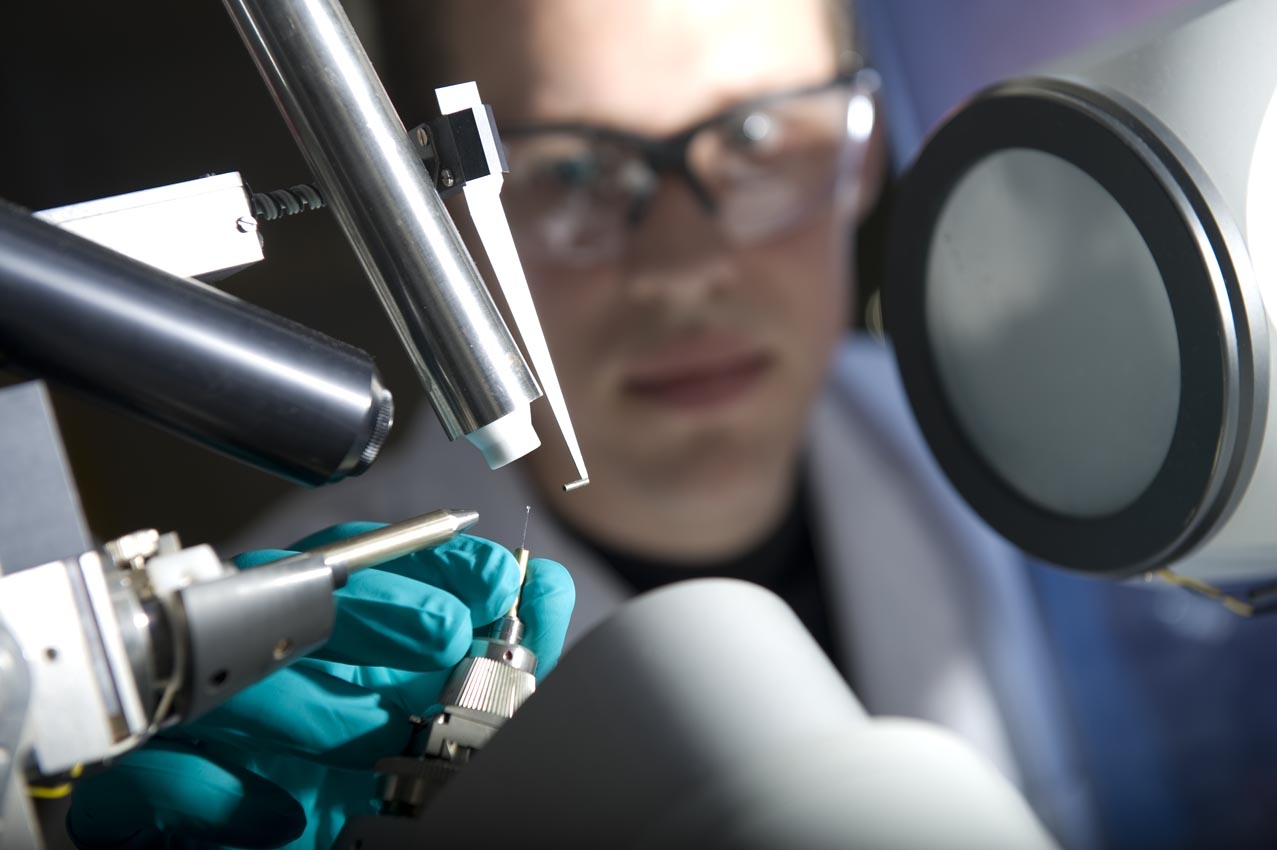For many decades, the pharmaceutical industry was the sole driver of innovation in healthcare. The rapid expansion of knowledge has overturned this model in recent years. Inherently risky early-stage research is now often performed by young biotech companies, financed by venture capital. Such companies have an extensive knowledge about their disease area, but lack experience in bringing drugs to the clinic or the market. That’s why, in their slipstream, service companies have been created with the sole purpose of helping biotechs avoid the many pitfalls along the way. One of these is the Ardena Group, rebranded from the original name PharmaVize in 2017, following a series of mergers and acquisitions.
At its inception in 1994, the strategic focus of Ardena (then PharmaVize) was on helping pharmaceutical companies draft regulatory dossiers. However, management identified an increasing trend towards research and development being outsourced and switched gears in 2005. The company moved into drug development and quickly grew a small lab into a 2000 m2 pilot plant for the production of experimental drugs.
Noticing a strong trend towards consolidation in the service company sector, they faced a dilemma in 2015. “Either we sold our company, or we attracted capital and brought it to another level,” Harry Christiaens, CEO of the Ardena Group, recalls. “The Dutch investment fund Mentha Capital became the majority shareholder and in the following 30 months, 4 companies were acquired. We went from 50 to 250 employees in just three years’ time.”
Through these acquisitions, Ardena’s capabilities expanded into new areas of expertise, such as solid-state research, (bio)analysis, nano-technology, and chemical development and manufacturing. Now, Ardena can support biotech companies from their nascence, when they only have an interesting molecular structure on paper, all the way up to a tangible dosage form. This can include designing the synthetic pathway of the active substance, scaling up its production, its formulation as a drug product, and the manufacturing of clinical trial material including packaging labeling and supply. The nanomedicine team designs complex particles that can deliver the active ingredient directly at the site of action, while the bioanalytical team can quantify trace concentrations of a drug in virtually any biological matrix.
“We are a single-source contractor for biotech companies wanting to bring a molecule to the clinic,” Christiaens explains. “Our integrated approach is quite unique: we have organized our company into different expert groups with in-depth knowledge of their field. However, these different groups — whose priorities aren’t traditionally very well aligned — collaborate closely at Ardena, ensuring a better and faster end result.”
The company also prides itself in its dossier-centric approach. This means that the preparation of the regulatory dossier happens in parallel with drug development. “It’s a matter of risk mitigation,” Christiaens says. “By identifying aspects that can be essential to regulatory compliance throughout the process, you prevent ending up with a drug that is safe and efficacious but can’t be marketed.” An example of an often-overlooked aspect is the drug’s crystal structure. “Some molecules can crystallize in multiple forms, and these forms may have quite a different bioavailability or stability profile” he explains. “This needs to be characterized and controlled but often remains under-addressed in order to proceed faster with development or to reduce costs. We have an in-house solid-state research team that performs a science-based selection of the most stable crystalline form, ensuring consistent drug product performance and regulatory compliance.”
Through the mergers and acquisitions of the last three years, the Belgian-based Ardena has a strong European presence with additional sites in The Netherlands, Sweden and Latvia. The company’s commercial reach is however global, as nearly half of its revenue comes from clients in the United States, Japan and South Korea. “We’re still open to other acquisitions, both to attract complementary expertise and to expand our geographic reach,” Christiaens states. “For example, we could be looking into a site in the US to be closer to our American customers.”
It is interesting to study the emergence of new roles in the life sciences ecosystem, like the role of service providers, and the companies that fill them. As the basic model of pharmaceutical innovation changes, the players in the field have to adapt and grow with the times. Building on a solid track record, we are keen to see what the future holds for both Ardena and the dynamic industry in which they play an important part.


